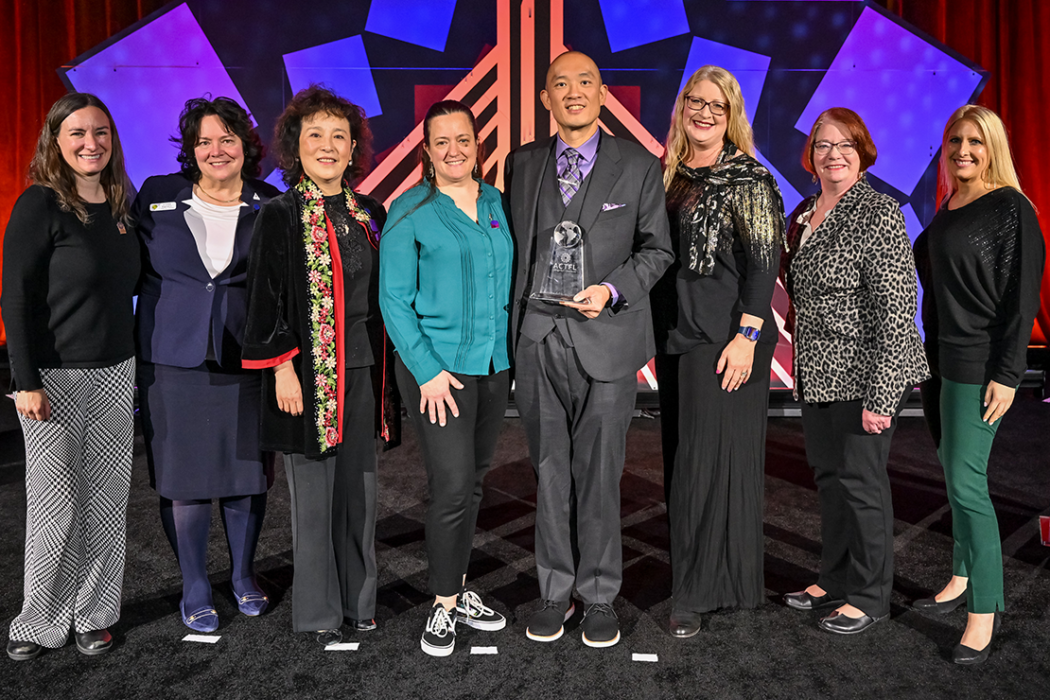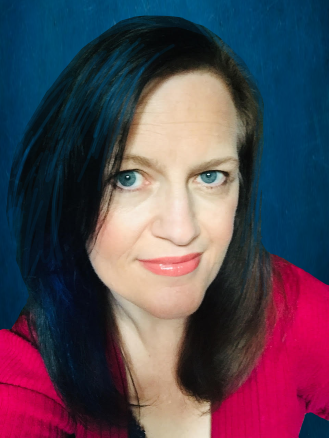Theresa Jensen

2022 Hall of Fame Nominee

Omaha, NE
2022 Finalist from CSCTFL
Spanish
“I’m just not a language person.” Too many see language study as a complicated process that is beyond them. However, given the right circumstances, anyone who can learn one language is capable of learning another. Anyone with a humble approach can learn to interact in another culture.
We become discouraged if we don’t have a propensity for memorization and verb conjugation, and decide language learning is not for us. However, there are two reasons why such reasoning is flawed. First of all, learning a language and acquiring one are two very different things. Secondly, the role of interculturality is at least as important as language proficiency when building relationships with speakers of the target language. Every person is capable of some measure of proficiency in language learning and cultural competence, and every bit they have is a priceless advantage to them. One need not be fluent in a language to be able to greet another and make a personal connection. One need not know every native custom to be able to approach the situation respectfully and learn how to navigate a new situation. So how does one approach this process? Simply this: seek to understand. Secondarily, seek to be understood. Everyone is capable of both of these, and indeed will reap benefits to the extent that they do.
What kind of benefits? A higher paying job? Expanded market? Convenience of travel? Of course. However, the value placed on language for each of the aforementioned reasons is that it is a means to an end. This thinking is dangerous in that it necessarily implies that it’s about knowing the “right” language. Learning other languages is seen as necessary for people who don’t know the “right” language and frivolous for those who do. Optional. But what if learning other languages is something everyone can and should do? What if learning how to function in more than one culture were essential for everyone?
To learn only one’s own language and culture is to walk through this world partially blind, as with a veil. Encountering other cultures challenges our worldview. Adapting and becoming speakers of another language reforges our identity, and we are fundamentally changed. Something inside of us that was once rigid and inflexible is softened; our allegiances shift, the comfort we once had is stretched and nothing feels the same. Only then do we truly know where we end and our culture begins. Never before have we been as whole of a person, rather than simply a product of our circumstances.
You see, the true value of language learning lies within the process itself. The real product is us. It is not that we are now fluent and a new world suddenly opens. Well, it’s not only that. We don’t just get into the room; we get the master key. We have the tools to connect with others in all corners of the world. We will have learned not to respond to the unknown with fear or anger. Can you imagine?